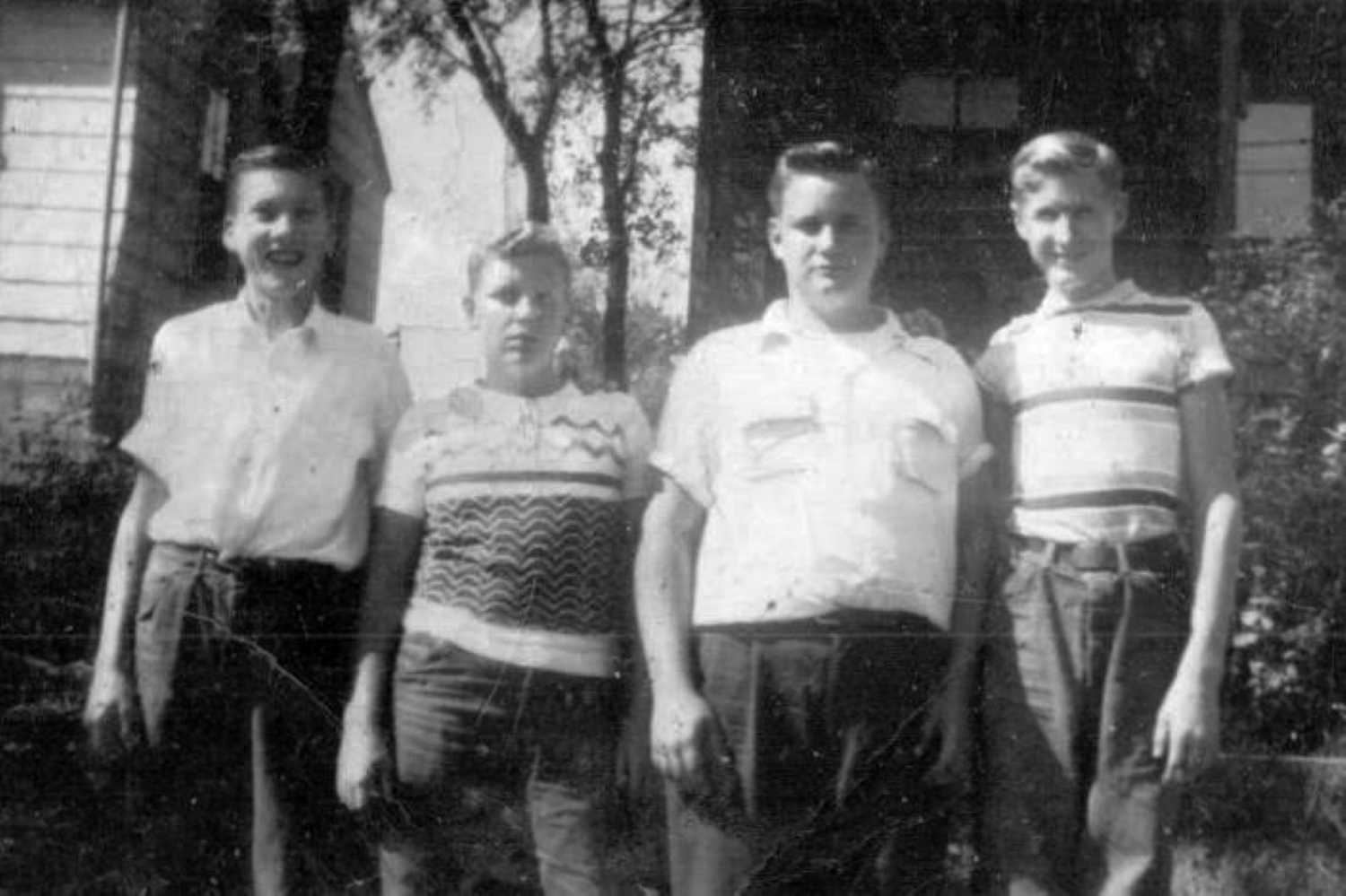The Power of the Written and Spoken Word
Wilma Dykeman's great effectiveness as a communicator grew from her skills with both the written and spoken word. She became an excellent writer in multiple genres: memoir, histories, journalism, novels, essays. She was also a world-class public speaker. Her training as an actress enabled a strong stage presence, while her passionate and articulate delivery followed naturally from her own creative messages.
Important aspects of the Written and Spoken Word:
- What is your life story?
- What stories do we need to hear?
- What makes a good novel, and does it matter?
- How can we truly understand the past?
- Where is the poetry in our lives?
- Is investigative reporting a dying art?
- How do we grow compelling public speakers?
- How can the pen best serve social and environmental justice?
Related Articles
Thank you! Your submission has been received!
Oops! Something went wrong while submitting the form.
No items found.

